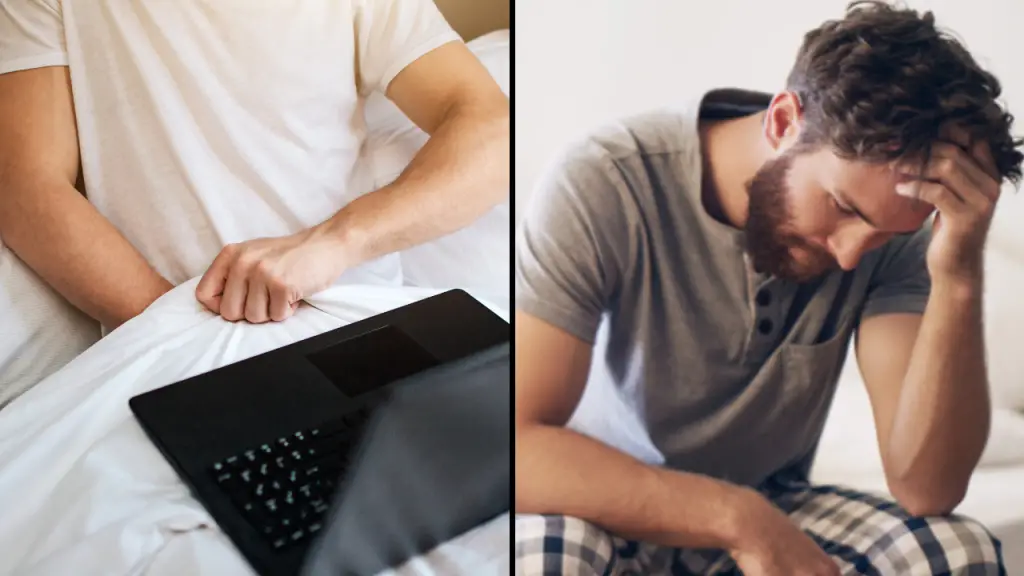Scientists have given a name to the strange reason why people feel unhappy after having s**.
A lot of individuals are startled to learn that they aren’t the only ones who feel unhappy, worried, or irritable after m**turbation or consensual s**.
Studies indicate that 40% to 60% of s**ually active persons may have this emotional decline at least once in their lifetime.
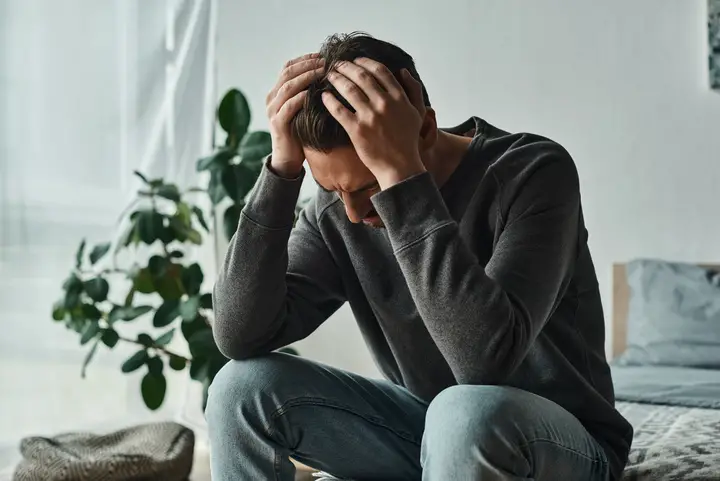
Credit: Adobe Stock
People typically ignore or don’t understand this reaction, but it now has a name: postcoital dysphoria (PCD).
PCD is the emotional pain that some people feel after an activity, even if it was consensual and enjoyable.
Psych Central says that people with PCD may feel unhappy, cry a lot, anxious, agitated, irritable, or even completely numb to their feelings.
These feelings can happen whether or not the person o**asms, and they can happen during paired s** or solo m**turbation.
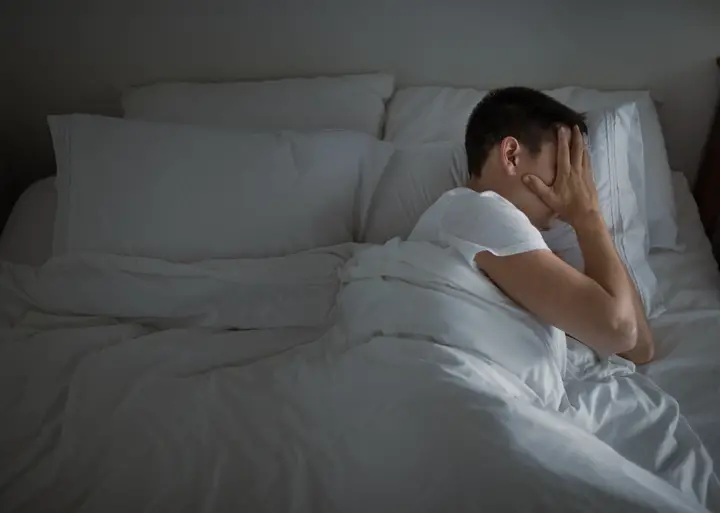
Researchers and mental health professionals are not sure what causes PCD, but they think it might be caused by a mix of psychological, hormonal, and relational variables.
Trauma in the past, unresolved emotional problems, or being unhappy in a relationship may all play a role.
Dr. Sarah Melancon, a clinical psychologist, says that postcoital dysphoria is when someone feels really bad after consensual activity. This might include impatience, anxiety, agitation, melancholy, depression, and sobbing episodes that range from a few minutes to a few hours.
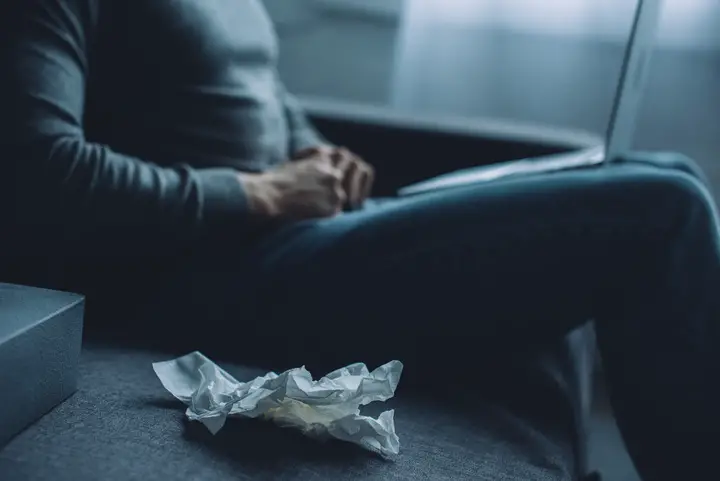
This phenomenon is not novel. Dr. Melancon says that this has happened before, such as by the Greek writer Galen and the philosopher Baruch Spinoza.
It has just lately been given a name and researched more closely, though.
There are also significant disparities in how PCD shows up in men and women.
Studies indicate that up to 46% of women report experiencing postcoital dysphoria at some point. A 2019 study published in the Journal of S** & Marital Therapy found that 41% of men have also experienced this condition, although they may be more susceptible to feelings of aggression or irritability rather than sadness.
Experts say that the best way to deal with PCD is to accept and validate your feelings.
Dr. Melancon says, “Practice ‘being’ with your feelings.”
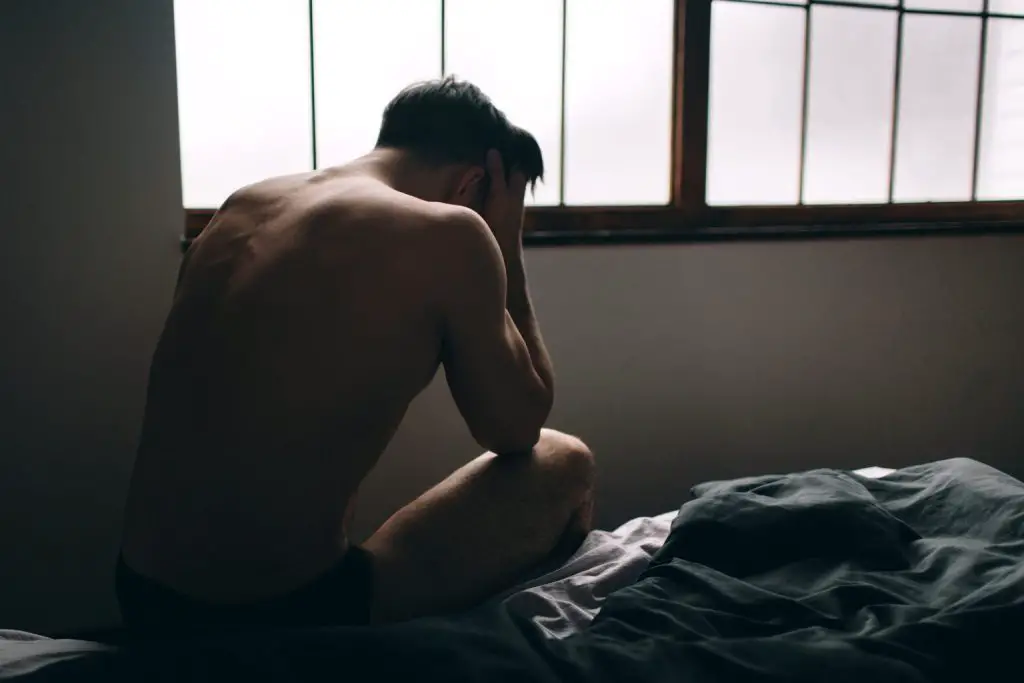
Writing in a journal, doing things to take care of yourself, and talking openly with your partner can all be helpful.
Therapy is a good option for symptoms that don’t go away or that are bothering you, especially if PCD is connected to deeper emotional or relational issues.
To sum up, PCD can be scary, yet it’s more prevalent than most people think.
Recognizing that it is a valid emotional response, rather than an indication of weakness or dysfunction, can serve as a significant initial step towards healing and self-awareness.
